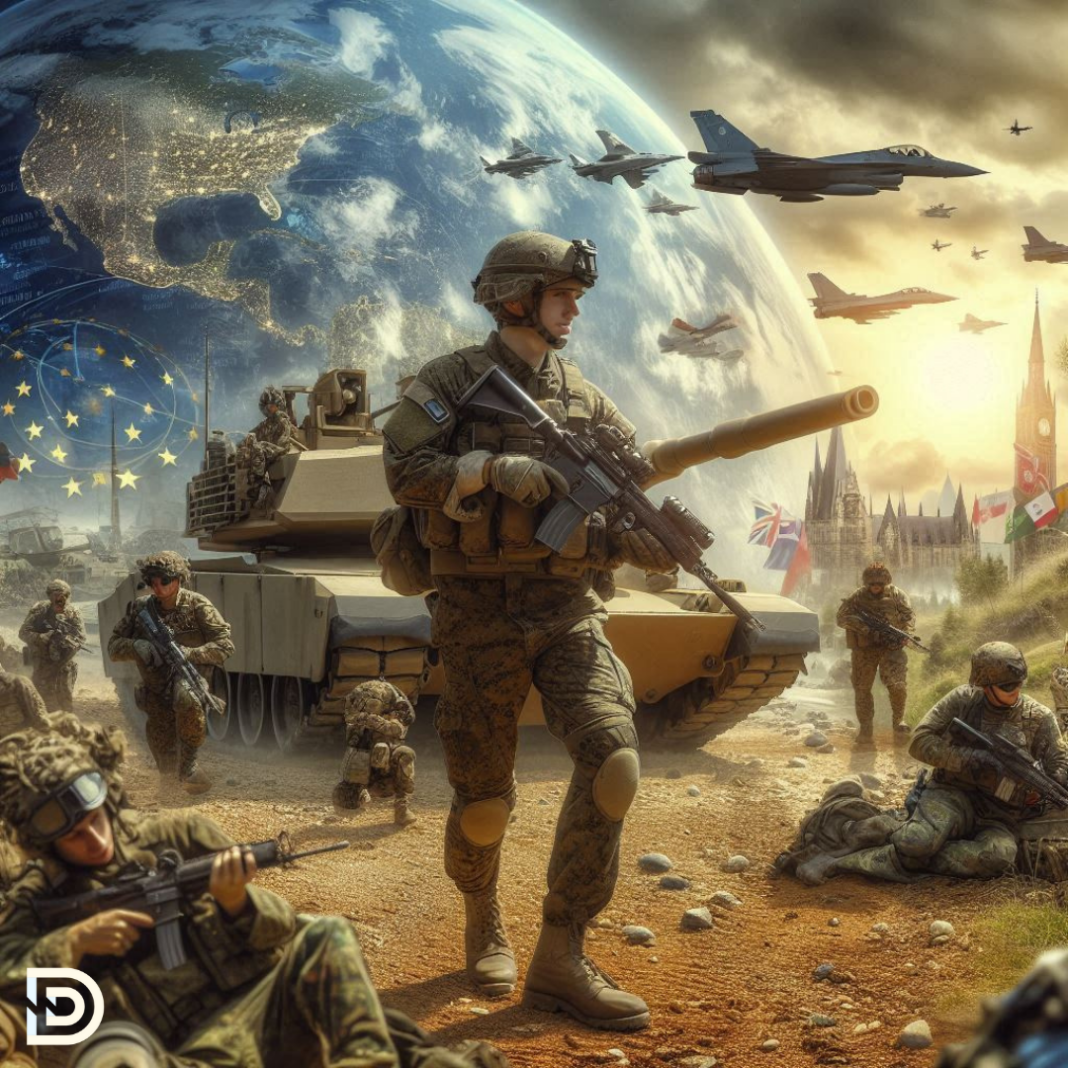European leaders are increasingly worried about their security and European Army is gaining momentum, after recent speeches at the Munich Security Conference raised doubts about the United States’ commitment to defending Europe. For decades, NATO has been the backbone of European security, with its Article V promising that an attack on one member is an attack on all. However, the reality of NATO’s structure and decision-making process has made many question whether the alliance is truly reliable in times of crisis.
One of the biggest concerns is that Article V does not guarantee a direct military response. Instead, it allows each member to determine what action it “deems necessary” in response to an attack. This means that even if a NATO member is invaded, the response from other members could be limited to diplomatic pressure or economic sanctions rather than military intervention.
The situation becomes even more complicated when considering the stance of powerful NATO members. In recent years, some have questioned whether they would be willing to risk a full-scale war to defend smaller countries like Estonia, Latvia, or Lithuania. If a major global power were to challenge NATO’s borders, would all members truly stand together to defend them? This uncertainty has left European nations feeling increasingly vulnerable.
The Push for a European Army Gains Momentum
The idea of a European Army separate from NATO is not new. Years ago, some European leaders suggested that the continent should develop its own independent defense force. However, at the time, the idea was seen as unrealistic due to the high costs and the political complexity of uniting multiple countries under one military structure.
Trump Wants Ukrain’s NATO Membership Talks Excluded As Peace Negotiations Intensify
Now, with growing doubts about NATO’s effectiveness, European leaders are taking the idea more seriously. A major reason for this shift is the way NATO makes decisions. Because NATO requires consensus among all member nations before taking military action, a single country can block important decisions. This has led to frustration, especially as the alliance has expanded to include smaller nations that may not have the same strategic interests as larger European powers.
Another major issue is the role of certain NATO members whose policies do not align with the alliance’s original mission. Some member states have been accused of using their NATO membership to pursue their own political agendas or block decisions that could strengthen European security. This has made it difficult for NATO to act quickly and decisively in times of crisis.
Why Portugal’s Controversial Exit from the F-35 Deal Raises NATO Concerns
A European Army, independent of NATO, could solve these problems by giving European nations full control over their defense strategy. Instead of relying on an alliance where decisions are delayed by disagreements, European countries could respond to threats more efficiently. This would allow Europe to strengthen its security without being dependent on external powers.
Challenges and Considerations
While the idea of a European Army sounds appealing, it comes with significant challenges. One of the biggest concerns is funding. NATO has long relied on the military power of the United States, which contributes a large share of the alliance’s defense budget. If a new defense force were to be built, it would require major financial investment from member nations, something that has historically been a point of contention.
Another challenge is coordination. Currently, defense operations are closely linked with NATO, which provides intelligence sharing, missile defense, and anti-submarine warfare capabilities. A shift away from NATO would require new agreements to ensure that security gaps do not emerge in these critical areas.
Leadership is also a major concern. NATO has a clear command structure, with the United States playing a dominant role. If an independent military force were established, decisions on leadership, strategy, and command structures would need to be agreed upon by multiple nations, each with its own interests and priorities. Ensuring that these countries can collaborate effectively would be a complex challenge.
Despite these obstacles, discussions about an independent military force are becoming more serious. Many nations are realizing they cannot rely solely on NATO for protection, especially in an era of shifting global alliances and rising security threats. While the future of defense remains uncertain, one thing is clear: stronger security measures and reduced dependence on external powers are now a priority.

